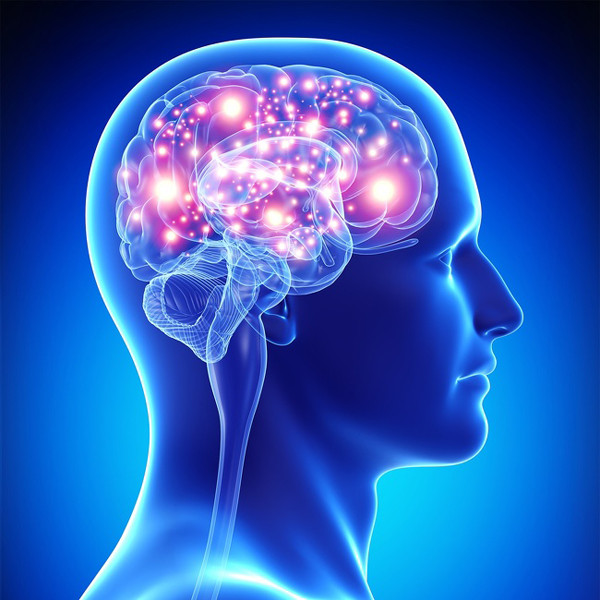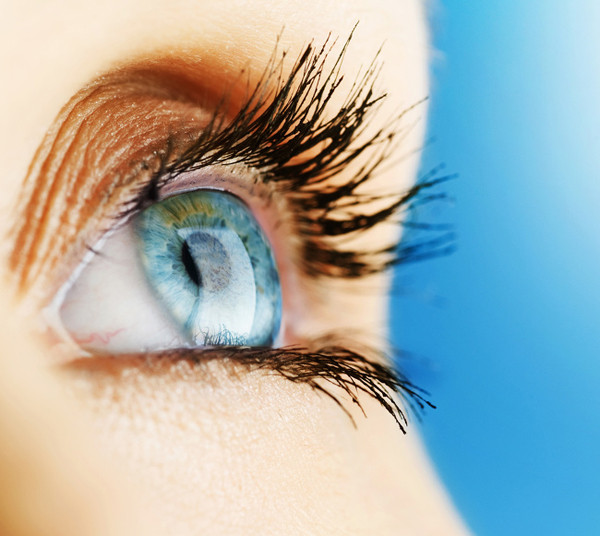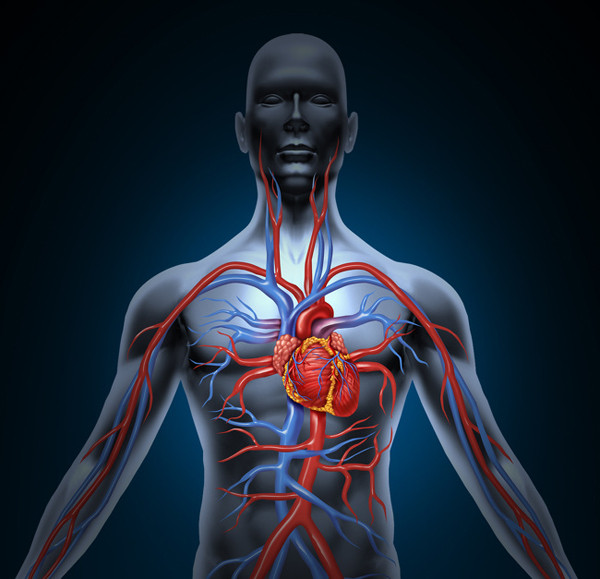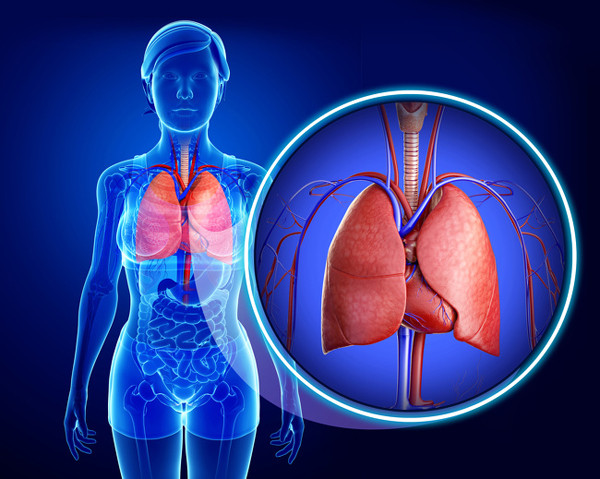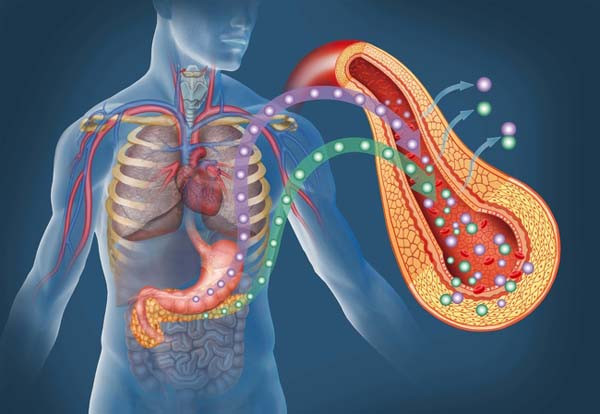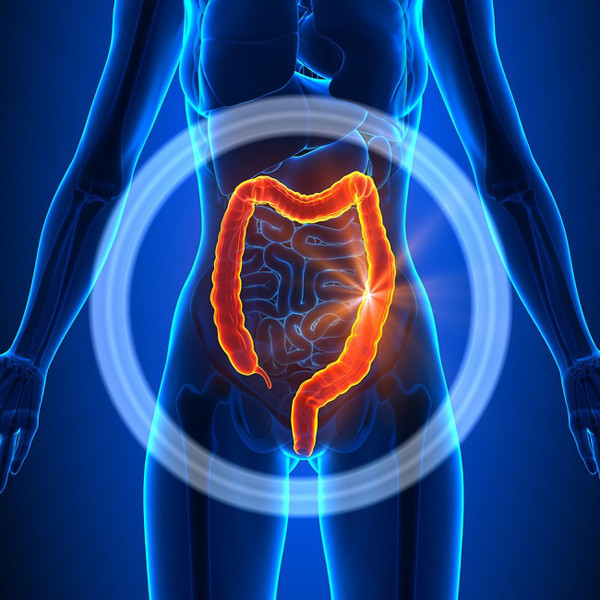10 surprising effects of walking 15 minutes a day
Walking 10,000 steps a day has the same positive effects on muscles as a high-intensity workout in the gym.
|
Helps enhance brain activity Research has shown that walking for as little as 15 minutes a day helps prevent early dementia, reduces the risk of Alzheimer's disease and improves overall mental health. Walking also improves blood flow to the brain, stimulating the frontal lobe of the brain to be more active, helping you to have more ideas when working. |
|
Improve eyesight Active walking helps reduce eye pressure, preventing glaucoma symptoms in old age. |
|
Prevention of cardiovascular diseases According to the American Heart Association, walking is as effective as running in preventing heart disease and stroke. Walking improves blood circulation, regulates blood pressure and eliminates bad cholesterol. |
|
Increased lung volume Walking helps increase the flow of oxygen in the blood, eliminating harmful substances in the lungs. When walking, the respiratory system also works more effectively, helping to reduce the risk of lung diseases. |
|
Beneficial effects on the pancreas Scientific research has shown that walking has a more positive effect on diabetes than running. Walking helps regulate the endocrine activity of the pancreas, reducing the risk of diabetes. |
|
Improve digestion Walking 30 minutes a day not only reduces the risk of colon cancer but also improves the digestive system, reduces constipation, limits fat accumulation, and effectively supports weight loss. |
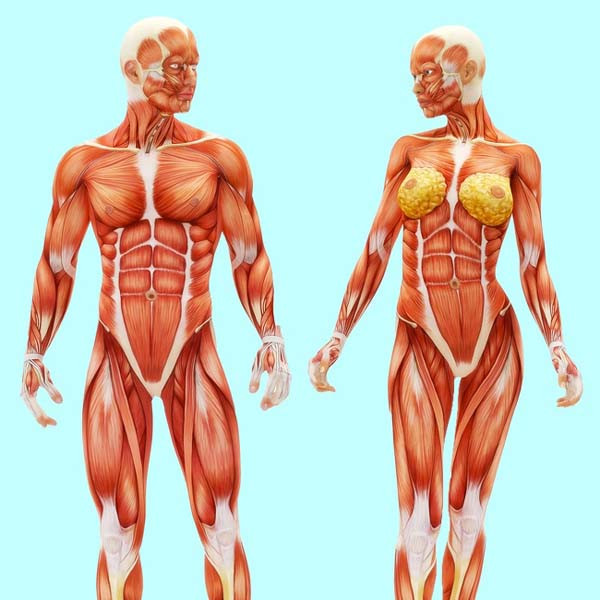 |
Strengthen muscles |
|
Reduce bone and joint pain Walking helps increase joint lubrication, reducing dry joints and the risk of osteoporosis. |
|
Back pain relief Walking is also a reasonable relaxation exercise when you have back pain after intense exercise or back pain due to sitting at the computer for too long. |
|
Helps improve mood Walking for 15 minutes a day can stimulate the production of serotonin in the brain. This hormone has an immediate effect on improving mood. Regular walking can reduce the risk of depression. |
According to Bright Side

